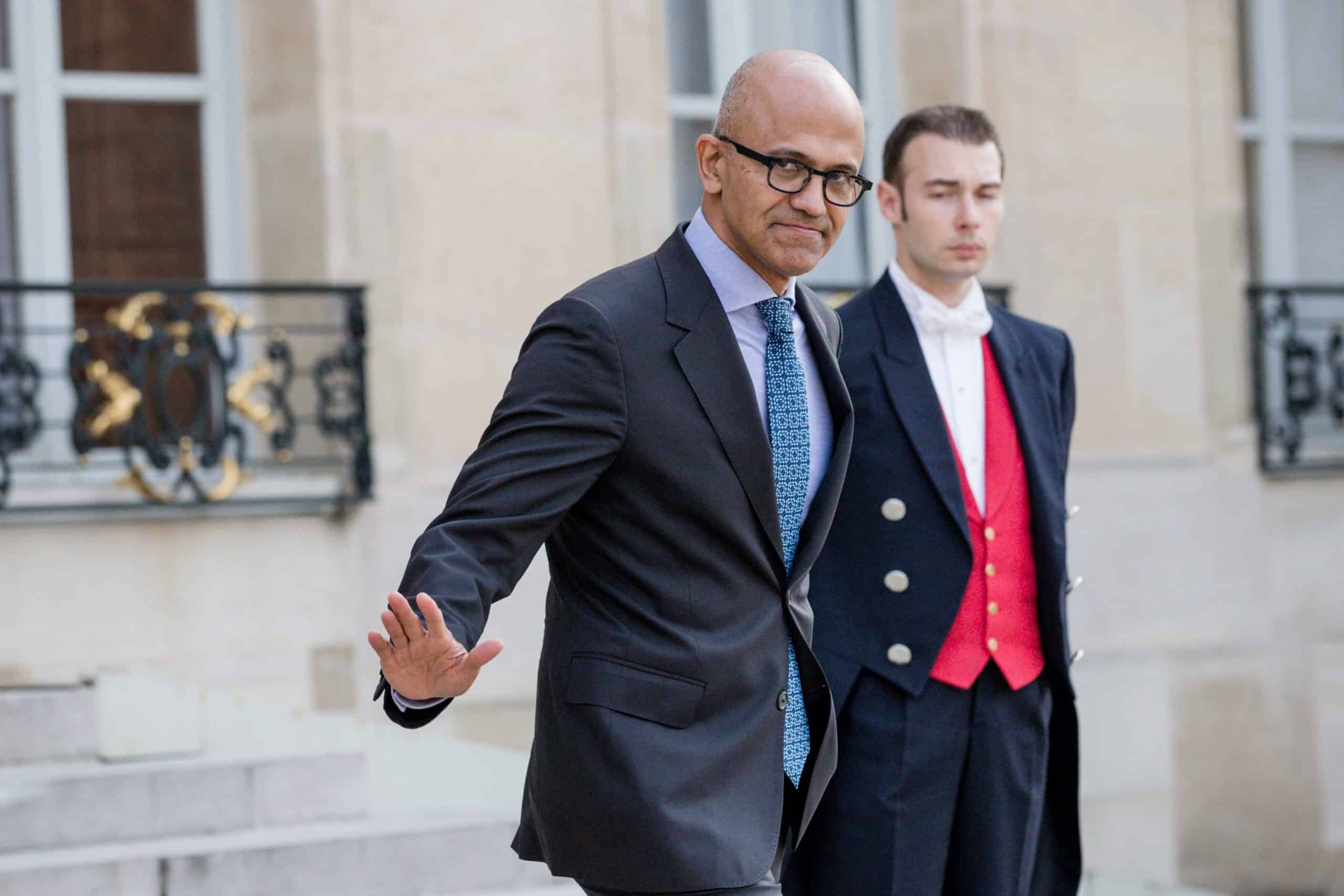Microsoft is signing deals with foreign governments to offer cloud infrastructure packages similar to the bundle it assembled for the U.S. Defense Department, people familiar with the matter said.
The Joint Enterprise Defense Infrastructure, or JEDI, cloud offering for the Defense Department provides cloud-based computing and storage resources at all government security classification levels, as well as devices that can work offline until they sync back with cloud infrastructure. The Pentagon awarded the JEDI contract to Microsoft in October. The contract is worth up to $10 billion over 10 years.
Outside the U.S., Microsoft has seen interest in the type of relationship that it has formed with the Pentagon, said one of the people. Specifically, Microsoft has committed to staffing the DOD initiative with people who hold sufficient government security clearances, and to delivering a group of existing products and services, as opposed to specially built technologies, at a customized price.
Microsoft employees began work on cloud contracts for foreign governments after it became clear that the JEDI work would be put on hold because of a legal challenge from Amazon, Microsoft’s main rival in cloud computing, this person said.
The strategy shows that Microsoft hopes to keep widening its cloud infrastructure business by meeting public sector needs abroad while maintaining a tight collaboration with the Trump administration, which has helped broker a possible acquisition of part of the Chinese-owned social app TikTok.
The company plans to announce the effort later this year, one person said, adding that intelligence agencies and militaries outside the U.S. might use it. Another person briefed on the work said Microsoft already has foreign cloud government contracts, despite that it has not announced the new strategy yet. It’s not clear which countries Microsoft is most focused on.
Microsoft shares rose more than 1% after-hours on the news.
The company declined to comment directly on the matter but pointed generally to its government collaborations.
“We’ve worked with governments around the world on a longstanding and reliable basis for four decades,” a spokesperson told CNBC in an email. “We have government customers using our products to enhance their services with the latest in commercial innovations, deeply engage and connect with citizens in powerful ways, and empower government employees with the modern tools they need to be more efficient and effective, and to give them time back to focus on their agency mission.”
In November Amazon Web Services filed suit in protest of the government awarding Microsoft the JEDI contract, and in February Judge Patricia Campbell-Smith imposed a temporary restraining order that blocked the contract from moving forward. In April Campbell-Smith gave the Pentagon permission to revisit its evaluation of Microsoft and Amazon’s bids for the JEDI contract. The Pentagon expects to be done with the review by Sept. 16.
AWS held 47% of the cloud infrastructure market in 2019, while Microsoft had 13%, according to estimates from industry research company IDC. Piper Sandler analysts led by Brent Bracelin, who have the equivalent of a buy rating on Microsoft stock, estimated that Microsoft had $5.93 billion in revenue from its Azure cloud in the second quarter. That would imply Azure contributed almost 16% of Microsoft’s total revenue. Amazon said AWS revenue in the second quarter totaled $10.81 billion.
International customers are more critical to Microsoft than in the past. In Microsoft’s 2020 fiscal year, which ended on June 30, the company derived 51% of its revenue from customers located in the U.S., down from 71% in the 2002 fiscal year. Microsoft has won Azure business from some federal groups outside the U.S., including New Zealand’s firefighting agency, France’s space agency and the Canada Mortgage and Housing Corp.
Even as Microsoft looks outside its home country for government cloud business, Microsoft continues to ally itself with the U.S. as it seeks to acquire TikTok’s operations in the U.S., Canada, Australia and New Zealand from China-based ByteDance. On Aug. 2 Microsoft said its CEO, Satya Nadella, spoke with President Donald Trump about a transaction.

